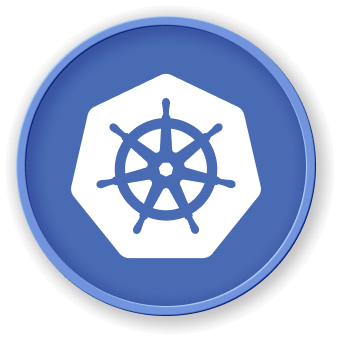Version Parsing Techniques
Regular Expression Parsing
## Extract version using regex
kubectl version --short | grep -oP 'v\d+\.\d+\.\d+'
## Advanced regex parsing
version=$(kubectl version --short | awk '{print $3}' | grep -oP 'v\d+\.\d+\.\d+')
Semantic Version Comparison
from packaging import version
def compare_kubernetes_versions(v1, v2):
return version.parse(v1) > version.parse(v2)
current_version = "v1.24.0"
target_version = "v1.25.1"
print(compare_kubernetes_versions(target_version, current_version))
graph LR
A[Version Formatting] --> B[Parsing Methods]
A --> C[Comparison Techniques]
B --> D[Regex Extraction]
B --> E[String Manipulation]
C --> F[Semantic Versioning]
C --> G[Numeric Comparison]
| Format Type |
Description |
Example |
| Full Version |
Complete version string |
v1.24.3 |
| Major.Minor |
Major and minor version |
1.24 |
| Numeric |
Pure numeric representation |
124 |
Shell Scripting Version Handling
## Version splitting
version="v1.24.3"
major=$(echo $version | cut -d. -f1)
minor=$(echo $version | cut -d. -f2)
patch=$(echo $version | cut -d. -f3)
## Version comparison
function version_gt() {
test "$(printf '%s\n' "$@" | sort -V | head -n 1)" != "$1"
}
if version_gt "v1.25.0" "v1.24.3"; then
echo "Newer version available"
fi
Advanced Version Manipulation
## Extract version from JSON output
kubectl version -o json | jq -r '.serverVersion.gitVersion'
Golang Version Parsing
import (
"fmt"
"github.com/Masterminds/semver"
)
func compareVersions(v1, v2 string) {
version1, _ := semver.NewVersion(v1)
version2, _ := semver.NewVersion(v2)
if version1.GreaterThan(version2) {
fmt.Println("Version 1 is newer")
}
}
LabEx Pro Tip
In LabEx Kubernetes learning environments, experiment with these version formatting strategies to develop robust version management skills.
Best Practices
- Use semantic versioning libraries
- Implement consistent version comparison methods
- Handle version parsing with robust error checking
- Normalize version strings before comparison


